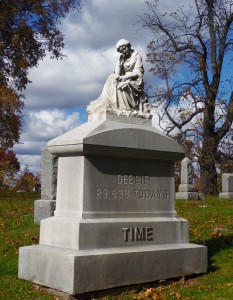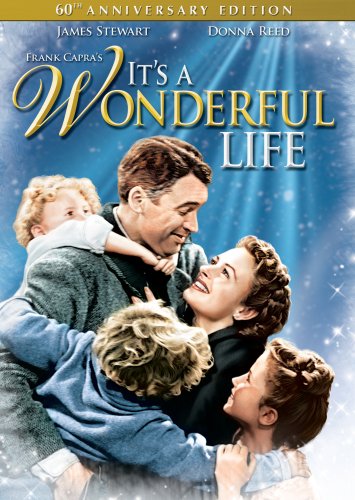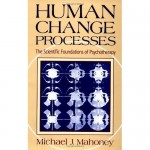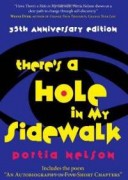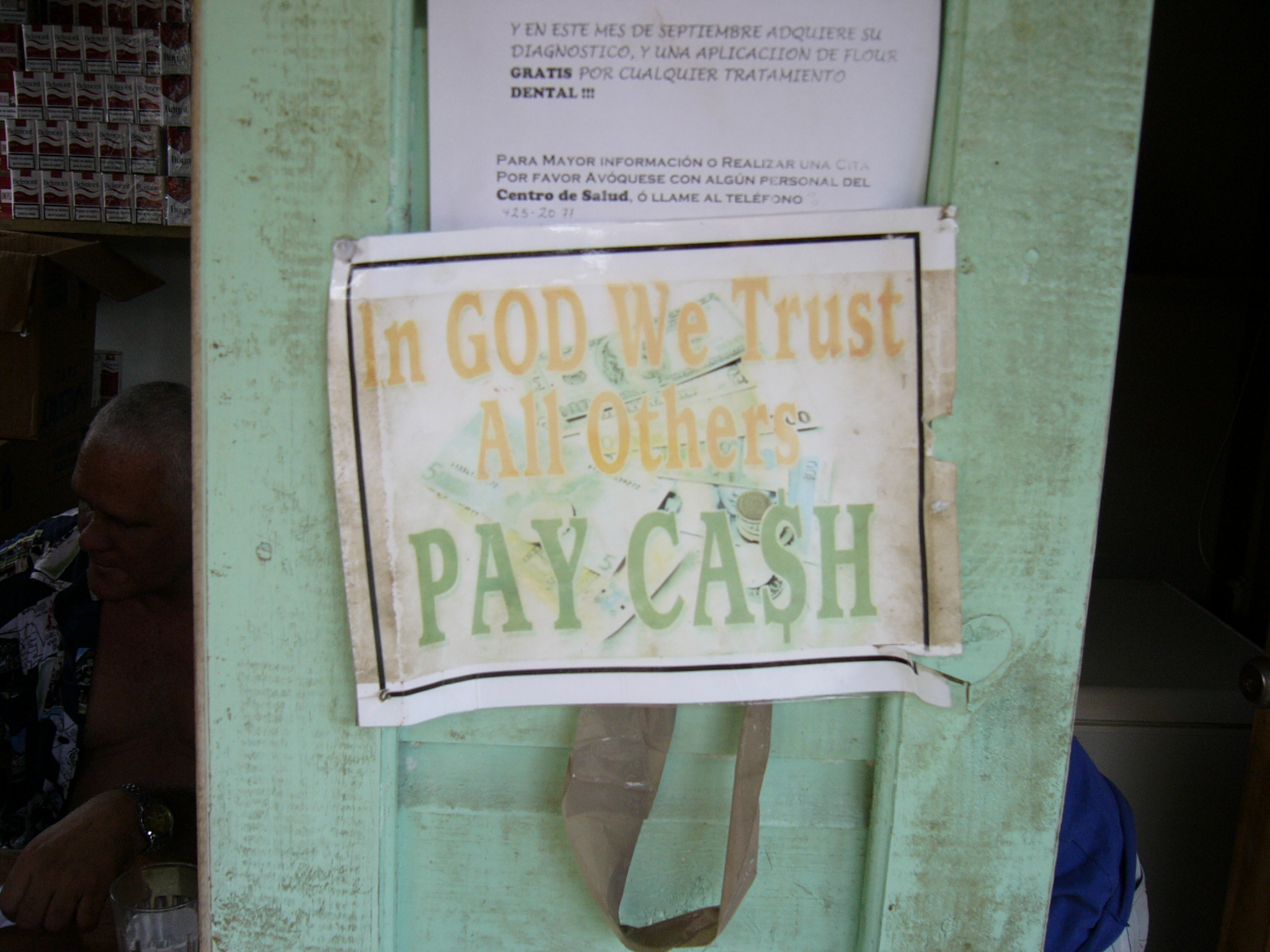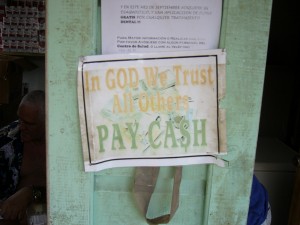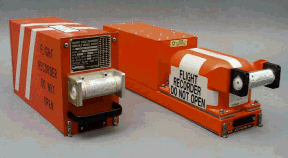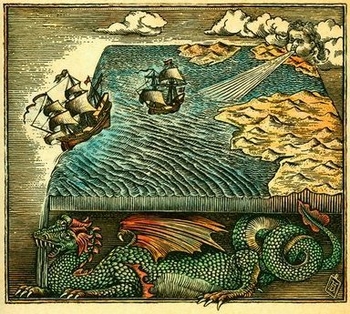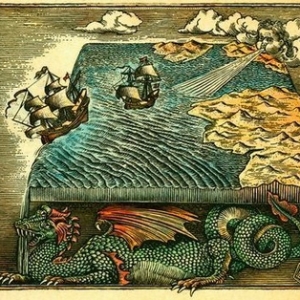The most important part of life is living. And the most valuable day of your entire life is today. The value of today is exceedingly high because you have waited all your life for this day. If you are 57 years old, you’ve waited 57 years for this day, today. Life is not what’s to come; it’s here, today. What is the quality of your today, the only time you have to live?
How many days do you think the average person lives? According to the National Vital Statistics of the CDC (Center for Disease Control), and other think tanks we know the following:
Females live an average of 81.2 years (29,638 Todays)
Males live an average of 76.4 years (27,886 Todays)
Average of the two equals 78.8 years (28,762 Todays)
Debbie, 57 years old, has already lived 20,805 – todays. If the Average life expectancy is 78.8 years (28,762 todays – Debbie’s 20,805 yesterdays) Debbie has 7,957 todays left. Each of you reading this article is encouraged to do your own math.
Assuming you could predict the last today of your life, and also assuming you are of sound mind and body when that last today comes, what would you prefer – another hour of television, another compliment, another dollar, or another today? A practical suggestion to living life to its fullest is to slow down, turn off the technology for just a while, breath deep and pause until you understand the incredible gift of your today.
How many tries do we have left to get it right?
We all woke up in this place called today. And many of us will be given 28,762 tries to get today right. And some of us have only a little over 7,000 chances left.
Here’s today’s recommendation. Trouble is what we introduce into our lives in the form of stress, which we put on ourselves, and each other while denying any responsibility. Stop blaming others for ruining your today. It’s your responsibility to protect your today. Do with it as you wish, but stop blaming external reasons or others for how you allow your today to be spent. If the truth were known, you choose how you spend this rare and precious gift, and with whom you share it. It is your decision, and decisions have consequences. Don’t leave the most important thing in your life today to the responsibility or care of others.
People often lament wishing they could change the past. I believe you can change the past, and here’s how. What is today tomorrow? Yesterday, which is the past. If you get busy and change your todays, you will have changed your tomorrows, which becomes the past. Honestly, if you start today fulfilling your own life, and encourage and support others in doing the same, you’ll stop wasting your limited allotment of todays, and whatever you have left in your account will be enough!
I’ve often commented, “I wished people would come to therapy on the best todays of their lives instead of the worst.” Why? “So we could understand what we were doing that contributed to today being it’s best, and commit to continuing to practice the same.”
 The prospect of being content, joyful, or satisfied today is within our grasp. A pleasant countenance is an internal massage we provide for our self.
The prospect of being content, joyful, or satisfied today is within our grasp. A pleasant countenance is an internal massage we provide for our self.
Commit your today to being your best by becoming more aware of how your life impacts the world around you, triumph over your weaknesses, and learn to trust yourself so you don’t fear the truth. The weaknesses we cannot accept in ourselves make us vulnerable and defensive which contributes to stress. Understand your defenses are the blind spots in your journey in becoming your best. Evolving into your best self takes courage especially at first when there is more to concede.
Today is your entire life. What will you do with it? Consider carefully, what you choose to do with today may well become your legacy. It makes little difference why you did what you did. In the end it matters only that you used the precious gift of today in the manner you chose.
Do your own math!



